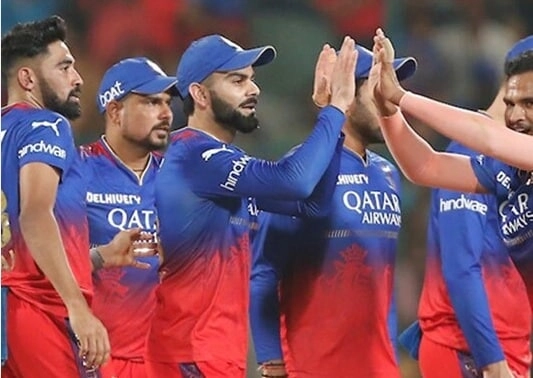Rishabh Pant’s decision to come in at number seven during a crucial last over against the Delhi Capitals has sparked considerable debate among cricket enthusiasts and analysts alike. This unconventional choice, particularly in such a high-stakes situation, raises questions about strategy and player roles within a team. Pant, who is known for his explosive batting and ability to change the course of a game in a matter of deliveries, explained his rationale by suggesting that he aimed to “capitalize” on the circumstances at hand. However, many fans and experts were left scratching their heads, wondering how such a decision could be justified when the team was in dire need of quick runs.
In the context of the match, this decision seemed perplexing at first glance. Typically, a team’s best batsmen are expected to step up during the final overs, especially when the game is on the line. Pant’s strategy, however, seemed to hinge on the idea that he could come in and make a significant impact in a short amount of time if the situation allowed it. His logic was rooted in the belief that he could exploit any weaknesses in the opposition’s bowling attack or take advantage of any lapses in fielding to score runs quickly. While this approach has its merits, executing it successfully requires not only skill but also a significant amount of luck.
Critics pointed out that by sending Pant lower down the order, the team may have missed out on his explosive capabilities during the most critical moments of the game. The last over is often fraught with tension, and having a player like Pant, who is known for his aggressive style, could have made a substantial difference. By coming in at number seven, he also had the added pressure of needing to perform immediately, without the benefit of settling in at the crease. This decision could be seen as a gamble that did not pay off, as it undermined the team’s chances of capitalizing on the final moments of the innings.
As fans and analysts dissect the implications of Pant’s decision, it serves as a reminder of the fine line that exists in sports between strategy and execution. The complexities of cricket often lead to unconventional choices, and while they can occasionally lead to spectacular outcomes, they can also result in disappointment. Rishabh Pant’s approach may have been well-intentioned, but it highlights the importance of understanding the dynamics of a game and the roles that each player must fulfill in order to maximize their chances of success. As the cricket community continues to analyze this incident, it raises broader questions about decision-making and the pressures faced by players in pivotal moments.




